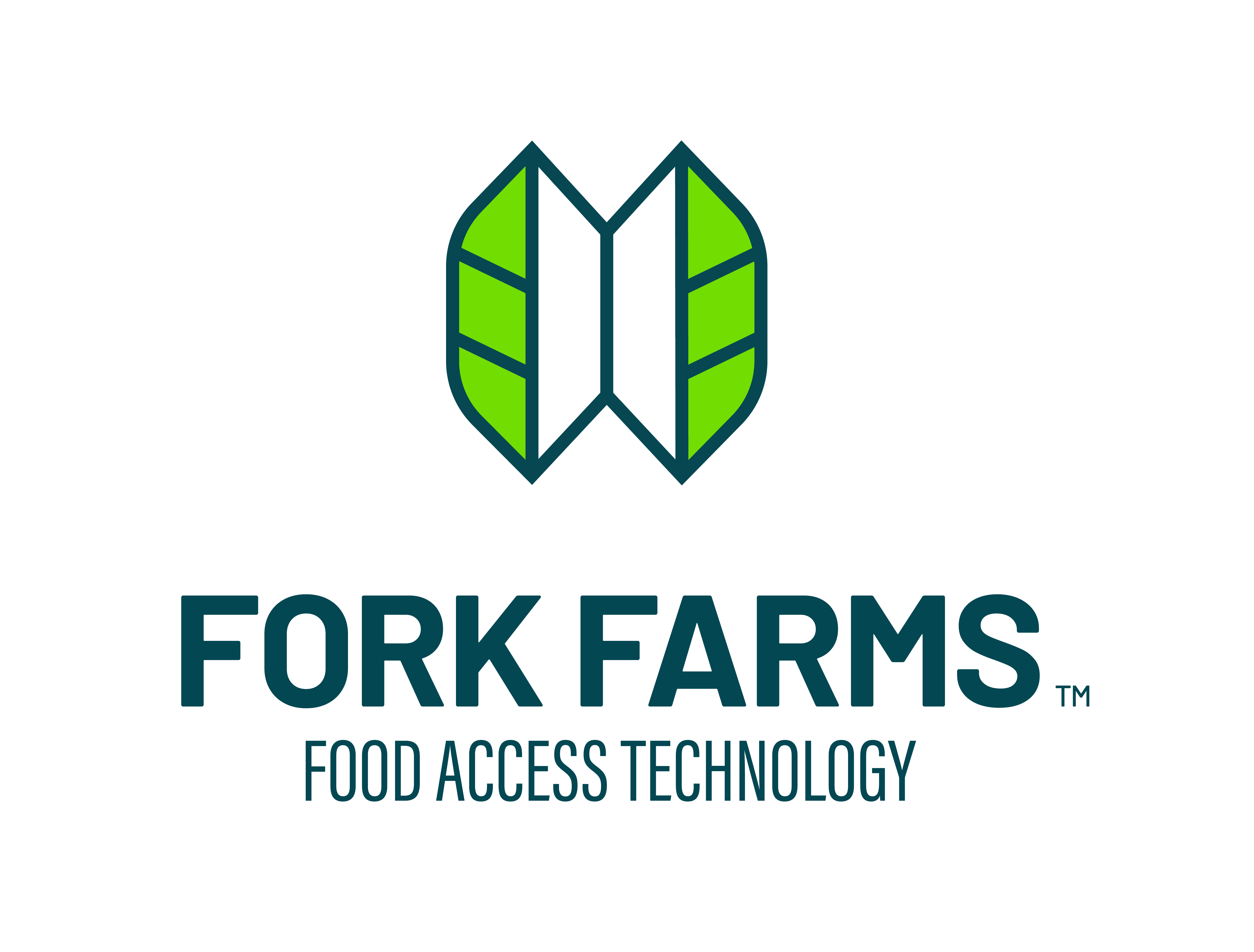MiSTEM Network and the Superior Health Foundation - Education - Upper MI
-1-1.png?width=564&height=564&name=image%20(19)-1-1.png)
Industry
Education
Challenge
The Upper Peninsula of Michigan has a food insecurity rate of 14%, with numerous communities classified as food deserts. The initiative aimed to empower students with the knowledge and tools to grow their own fresh food, thereby enhancing food security and promoting healthy eating habits.
Results
The first year of the initiative demonstrated significant improvements in student knowledge of indoor agriculture and fresh food systems. Although there was no significant change in consumption habits within the first year, students showed increased interest in growing their own food and understanding sustainable practices. Teachers reported high engagement and positive feedback on the curriculum's effectiveness and accessibility.
Key Product
Flex Farm
"My students have benefited so much! Learning about planting, becoming responsible with growing tasks, and prepping salads were beneficial."
Teacher
Upper Peninsula Intermediate School District
"Some important lessons I have learned from the Indoor Agriculture unit were that plants can grow just as well inside as outside and growing plants is a lot of fun to do, indoors or outdoors."
Student
Upper Peninsula Intermediate School District
"Students learned about the process of growing food and the importance of growing food locally. Students enjoyed the hands-on process."
Teacher
Upper Peninsula Intermediate School District
"I enjoyed watching the plants grow each week, seeing them get bigger and greener. I also loved the way it was a hands-on learning activity rather than just a regular assignment."
Student
Upper Peninsula Intermediate School District
-1.png?width=784&height=672&name=image%20(18)-1.png)
Overview
Fork Farms, the MiSTEM Network, and the Superior Health Foundation (SHF) partnered to bring indoor agriculture to schools across Michigan’s Upper Peninsula (UP) to combat food insecurity and enhance students’ understanding of fresh food systems. The initiative provided Flex Farms and related curriculum to middle and high school students, aiming to increase their knowledge of fresh food production, improve perceptions of fresh food, and ultimately encourage greater consumption of healthy leafy greens and vegetables. Students and teachers were surveyed using rating scales and open-ended questions.
The Challenge
Upper Peninsula schools faced a pressing issue with a food insecurity rate of 14% in the UP, higher than the state average of 11.5%. This is compounded by the prevalence of food deserts in the UP. This situation necessitated a proactive approach to empower students with the knowledge to cultivate their own fresh produce, thereby addressing food insecurity and fostering healthy eating habits.
The Solution
The collaboration between Fork Farms, the MiSTEM Network, and the Superior Health Foundation led to the introduction of Flex Farms in K-12 schools across the Upper Peninsula. This initiative provided middle and high school students with indoor hydroponic farming units and a comprehensive curriculum.
According to one student, 'Some important lessons I have learned from the Indoor Agriculture unit were that plants can grow just as well inside as outside and growing plants is a lot of fun to do, indoors or outdoors.' Teachers also noted the benefits, with one educator stating, 'My students have benefited so much! Learning about planting, becoming responsible with growing tasks, and prepping salads were beneficial.'
The Results
Following the implementation of the SHF-Fork Farms partnership, there were statistically significant gains in student knowledge at the 5% level and improvement in fresh food perception at the 10% level. Every teacher involved recommended the program, highlighting its effectiveness and accessibility. Additionally, teachers reported increased student engagement, expanded knowledge of food systems and sustainability, hands-on exposure to STEM and agricultural concepts, and encouraged responsibility and ownership over food production.
Despite no significant changes in consumption habits in the first year, the initiative sparked a greater interest in sustainable practices among students. One teacher remarked, 'Students learned about the process of growing food and the importance of growing food locally. Students enjoyed the hands-on process.'
This project also had a greater community impact: Some schools incorporated student-grown produce into school meals, while others sent fresh greens home with students and staff, demonstrating real-world applications of indoor agriculture in addressing food security. Students also expressed deeper interest in growing their own food at home, indicating the potential for long-term behavioral change.
The first year of the SHF-Fork Farms partnership successfully increased students' knowledge of indoor agriculture and food systems, demonstrating the potential of hydroponic technology to transform school food security and education. With ongoing refinement and expansion, indoor agriculture can continue to be a powerful tool for addressing food insecurity, promoting STEM education, and fostering sustainable communities.
Next Steps
- Expand the program: Engage more UP schools to reach additional students and teachers.
- Enhance food integration: Develop strategies to encourage greater consumption of student-grown produce, such as classroom taste tests, cooking activities, and school cafeteria collaborations.
- Support data collection: Improve post-survey participation to strengthen impact measurement.
- Develop structured food distribution: Explore ways to formally integrate school-grown produce into food access programs for students and families.
Read the full briefing report here.



